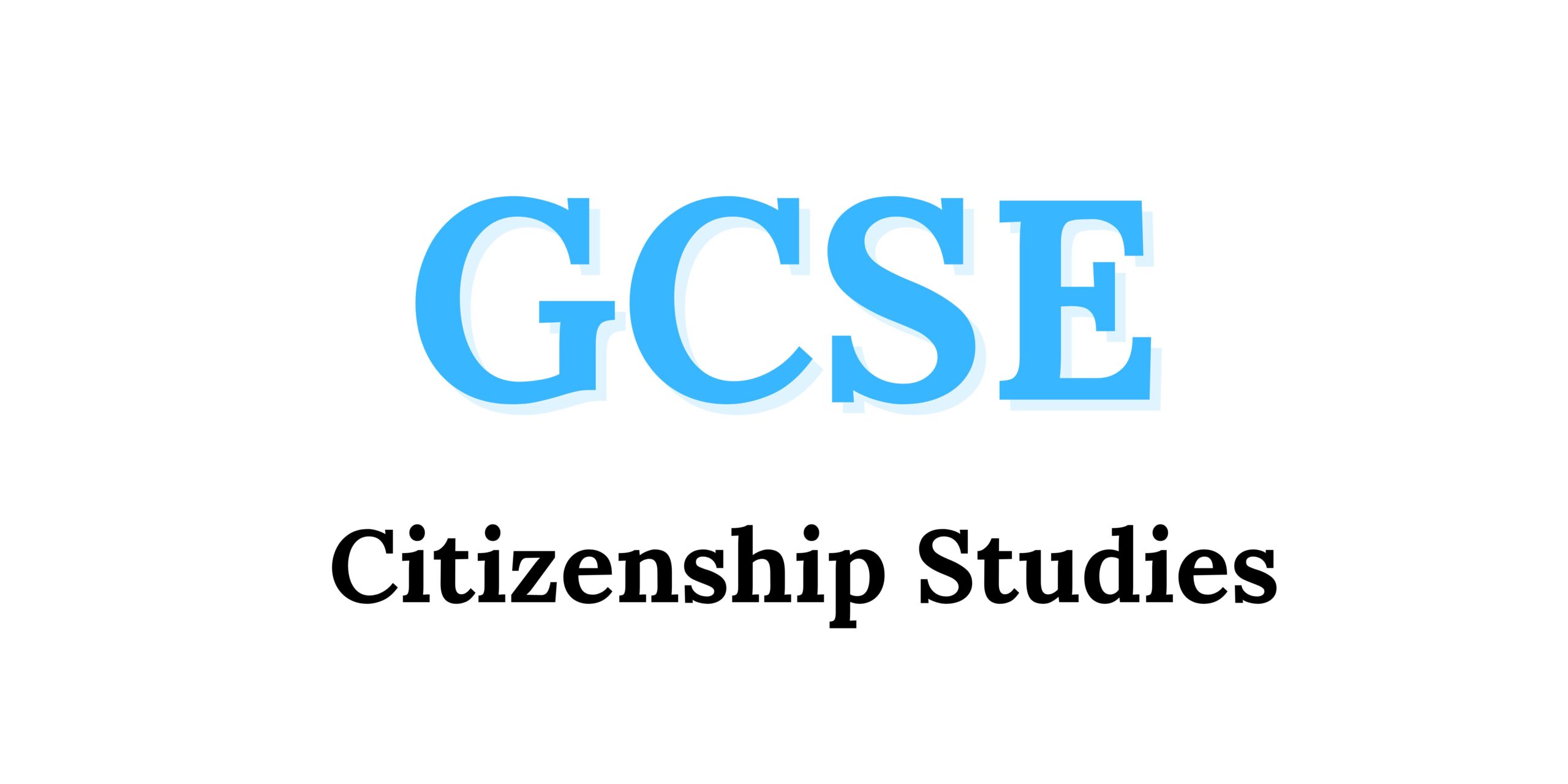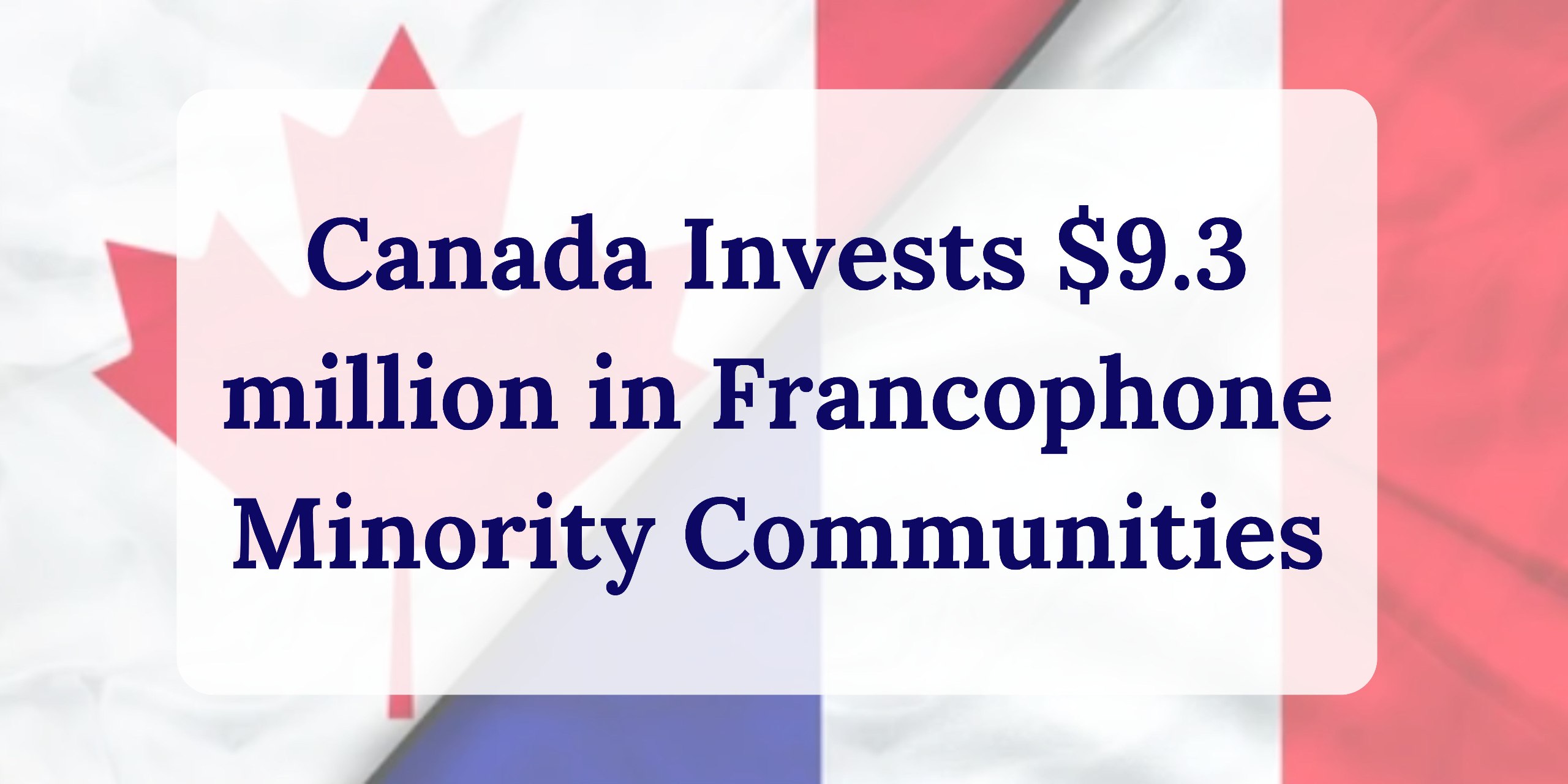
Overview of AQA GCSE Citizenship Studies qualifications
Subject content:
1. Citizenship skills, processes and methods
Through GCSE Citizenship Studies, students will:
– Develop the ability to form hypotheses, create reasoned arguments, and draw substantiated conclusions on citizenship issues.
– Understand various methods used by governments, organizations, groups, and individuals to address citizenship issues, including practical actions.
– Formulate citizenship inquiries by identifying research questions to analyze ideas, issues, and debates.
– Select and organize knowledge to create arguments, explain viewpoints, and justify conclusions.
– Present and represent various viewpoints on citizenship issues.
– Plan practical citizenship actions aimed at benefiting society.
– Critically evaluate the effectiveness of citizenship actions in achieving intended goals.
– Understand connections between different citizenship aspects and compare situations locally and globally.
2. Life in modern Britain
| Scope of study | Content |
|---|---|
| Principles and Values Underpinning British Society | • Key principles and values of British society. • Rights and duties: Human, moral, legal, political rights, equality, and freedoms of citizens. • Identity: Factors shaping individual, group, national, and global identity. |
| Concept of Identity | • The UK comprises England, Northern Ireland, Scotland, and Wales, influencing identity debates. • Population changes and migration: Impact on UK communities and immigration patterns. • Importance of mutual respect and understanding in a diverse society, along with the values that support democracy. • Multiple identities within the diverse UK population. |
| The Role of the Media and Free Press | • Media rights and responsibilities. • Media’s right to investigate. • Press regulation: How it operates and censorship examples. |
| The UK’s Role in Key International Organizations | • Global relationships: UK’s involvement with the UN, NATO, EU, Council of Europe, Commonwealth, and WTO. • Post-EU membership: Ongoing effects of past EU decisions on the UK. • International disputes: UK’s role in resolving conflicts using various methods. • Humanitarian response: NGO actions in crises. |
| How Citizens Can Make Their Voices Heard and Improve Society | • Participation in democracy: Opportunities and barriers for citizen involvement. • Actions to hold power accountable: Joining interest groups, political parties, standing for election, campaigning, advocacy, lobbying, petitions, demonstrations, and volunteering, with pros and cons. • Role of organizations: Public services, interest groups, pressure groups, trade unions, charities, and voluntary groups in giving voice and support. • Examples of citizen action: Citizens working together to address public policy, challenge injustice, or resolve community issues. • Media use: How those seeking change utilize the media. |
3. Rights and responsibilities
| Scope of study | Content |
|---|---|
| Laws Needed for Society and Their Importance | • Fundamental principles: Ensure rights, freedoms, presumption of innocence, and equality before the law. • The nature of rules and laws in helping society to deal with complex problems of fairness, justice and discrimination. • Balancing rights and responsibilities: From local to global situations, especially in cases of conflict. |
| Citizen’s Rights and Responsibilities in the Legal System | • Justice System Operations: – Police powers and responsibilities. – Judiciary powers and role in enforcing laws. – Roles of legal representatives (lawyers). – Differences between criminal and civil courts. – Alternative dispute resolution methods like tribunals. • Legal Rights by Age: Criminal responsibility and other legal milestones (driving, marriage, voting, military service). • Civil vs. Criminal Law: Differences in legal processes and outcomes. • UK Legal Systems: Variations between England & Wales, Northern Ireland, and Scotland. |
| Development of Law and Protection of Citizens | • Evolution of Citizens’ Rights: From Magna Carta (1215) to the Human Rights Act (1998). • Types of Law: Differences between common law and legislation. • Right to Representation: History and roles of trade unions in representing workers; the role of employers’ associations. • Criminality in the UK Today: – Types of crime and criminal profiles. – Factors influencing crime rates and crime reduction strategies. • Dealing with Criminals: – Various forms of punishment. – Sentencing goals and effectiveness. – Youth justice system operations. |
| Universal Human Rights and Their Protection | • Key Agreements on Human Rights: – UN Universal Declaration on Human Rights. – European Convention on Human Rights. – UN Convention on the Rights of the Child. – Human Rights Act (1998). • Role of International Law in Conflicts: – Protecting victims of conflict. – Establishing rules of war through international humanitarian law. |
| Citizen Participation in Legal Change | • Roles of Citizens in the Legal System: Citizens play key roles as jurors, witnesses, crime victims, magistrates, special constables, police commissioners, or tribunal members. • Influence of Groups: Pressure groups, trade unions, charities, voluntary groups, and public institutions support campaigns for legal changes and fight injustices. • Citizen Actions for Change: Citizens can create change by joining interest groups, campaigning, advocacy, lobbying, petitions, demonstrations, and volunteering, especially on issues related to human rights and justice. |
4. Politics and participation
| Scope of study | Content |
|---|---|
| Political Power in the UK | • The concept of democracy and the different forms of democracy, including representative democracy. • The values underpinning democracy: rights, duties, freedoms, equality, rule of law. • The institutions of the British constitution: the power of government, Prime Minister and Cabinet; the sovereignty of Parliament; the role of the legislature, the opposition, political parties, the monarch, citizens, the judiciary, the police and the civil service. • How the relationships between institutions shape the uncodified British constitution and examples of how it is changing. |
| Local and Devolved Government Powers and Citizen Participation | • Local government roles, services, and councillor accountability. • Structure of regional and devolved governments in Scotland, Wales, Northern Ireland, and England. • Distribution of powers between Westminster and devolved administrations; evolving relations and the “English votes for English laws” debate. • Criteria for election candidacy and voter eligibility; discussions on the voting age. • Voter turnout issues and strategies to boost participation. • How taxes are raised and spent at local and national levels. • Government budgeting, risk management, and decisions on public funding. • Provision of welfare, healthcare, education, and senior services. |
| Where does political power lie: Citizen, Parliament or Government? | • First Past the Post voting system and other UK electoral systems. • Key differences between the executive, legislature, judiciary and the monarchy. • The bicameral Westminster Parliament: the roles of the House of Commons, the House of Lords and the monarch. • The main political parties and their philosophical differences. • Parliament’s role in checking government: questions, committees and debates. • The roles of MPs: representing constituencies, debating policy and considering legislation. • Parliamentary roles: speaker, whips, ‘black stick’, front and back bench MPs. • How laws are made and the legislative process. • Formation of government by a majority party or a coalition led by a prime minister. • Organization of government: departments, ministries, and civil service functions. |
| How Others Govern Themselves | • Key differences between citizen participation in a democratic and non-democratic political system outside the UK. |
| How Citizens Can Bring About Political Change | • Holding the powerful to account and promoting parliamentary democracy. • Digital democracy and social media are new tools for increasing political engagement. • Actions: joining political parties or interest groups, standing for election, campaigning, advocacy, lobbying, petitions, demonstrations and volunteering. • The role of public institutions, services, pressure groups, trade unions, charities and voluntary organizations in providing support and a voice for different community groups. |
5. Active citizenship
The specification focuses on how citizens can make a difference in society. Students explore case studies and take their own actions to understand citizenship impact.
In Paper 1, students face two key tasks:
1. Understanding Citizenship Actions: A source-based question analyzes citizenship scenarios.
2. Citizenship Investigation: Students choose an issue, research it, take action, and reflect on their findings. This is a real-world application of citizenship knowledge and skills.
The investigation includes six stages: selecting a question, researching, planning, taking action, assessing impact, and evaluating the process. This practical approach counts for 15% of the final GCSE marks.
Schools confirm participation with AQA, and students may use templates for recording their investigation work. Teachers can use these investigations for classroom learning and discussions.
For detailed information about the General Certificate of Secondary Education (GCSE) and how it can shape your academic future, click here to explore: GCSE Information
Assessment
| Type of assessment | Questions | Final score | Weighting of final grade |
|---|---|---|---|
| Paper 1 Section A: Active citizenship Section B: Politics and participation | Section A: Active citizenship questions: questions on the citizenship action of others and questions on the students taking citizenship action investigation (40 marks); Section B: Politics and participation question (40 marks). Question types: multiple-choice, short answer, source-based questions, extended answer | 80 marks | 50% |
| Paper 2 Section A: Life in modern Britain Section B: Rights and responsibilities | Section A: Life in modern Britain questions (40 marks); Section B: Rights and responsibilities questions (40 marks). Question types: multiple-choice, short answer, source-based questions, extended answer | 80 marks | 50% |
Assessment objective weightings for GCSE Citizenship Studies
Assessment Objectives:
AO1: Knowledge and understanding of citizenship concepts, terms, and issues.
AO2: Application of this knowledge to real-world contexts and actions.
AO3: Analysis and evaluation of evidence on citizenship issues, debates, and actions, leading to reasoned arguments and substantiated judgments.
| Assessment objectives (AOs)* | Component weightings Paper 1 (%) | Component weightings Paper 2 (%) | Overall weighting (approx %) |
|---|---|---|---|
| AO1 | 15 | 15 | 30 |
| AO2 | 15 | 15 | 30 |
| AO3 | 20 | 20 | 40 |
| Overall weighting of components | 50 | 50 | 100 |
Assessment weightings
The marks on the papers will be scaled according to the weighting of each component. Students’ final marks will be the sum of these scaled marks. Grade boundaries will be determined based on this total scaled mark. The scaling and total scaled marks are detailed in the table below.
| Component | Maximum raw mark | Scaling factor | Maximum scaled mark |
|---|---|---|---|
| Paper 1 | 80 | x1 | 80 |
| Paper 2 | 80 | x1 | 80 |
| Total scaled mark: | 160 |
If you need help with Citizenship Studies or any other subject, our tutors are ready to support you on your academic journey. Don’t miss your chance to succeed—take a trial lesson today!











